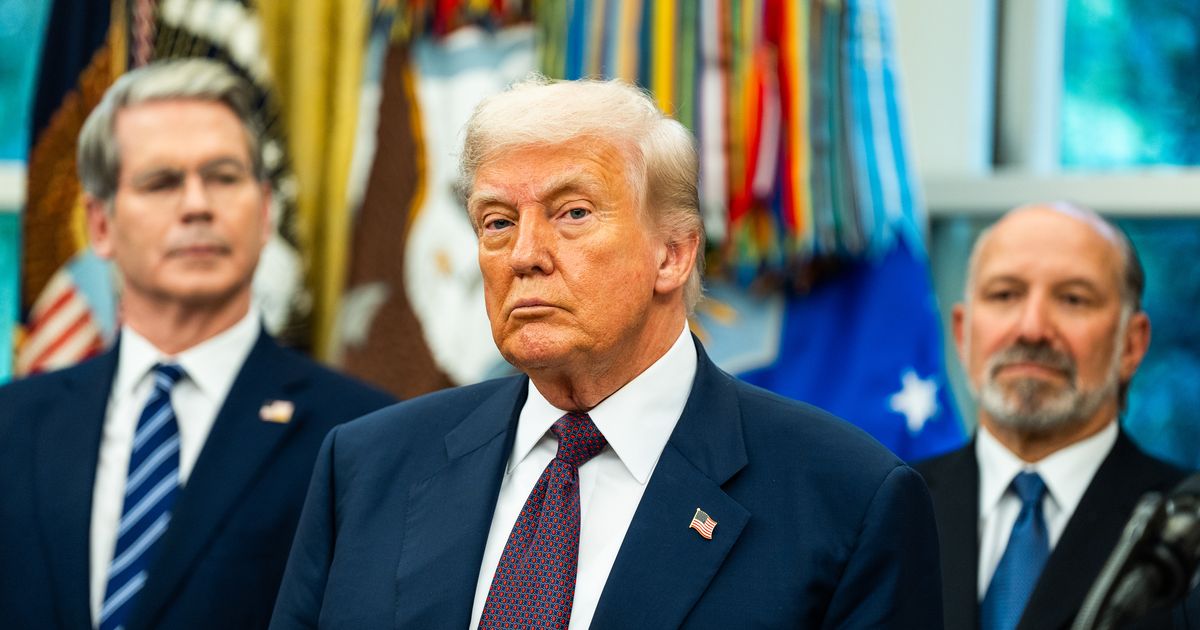
"[T]he truce came with a cost: In return for Trump's support, the administration proposed taking an equity stake in the company. It decided to convert nearly $9 billion in grants-promised to Intel as part of the 2022 Chips Act-into a 10% equity stake in the company, an unusual arrangement that makes the government Intel's biggest shareholder. The meeting was the pivot point in a frenzied period for Intel, once one of America's most venerated technology companies, now stuck in a yearslong downward spiral."
"[Y]ou want ten percent control of Intel in exchange for money the government already promised to give them? That's socialism. You may be comfortable with socialism. You may decide you like socialism because someone from the Trump administration wants socialism, but my God, people, what have we been fighting for for the last decade? ... You should let Intel fall flat on its face for having a bad business decision and let the creative destruction of the marketplace pick them apart. Let other companies buy up their pieces or let them regroup."
The U.S. converted nearly $9 billion in promised Chips Act grants into a 10% equity stake in Intel, making the government Intel's biggest shareholder. The administration presented the move as tied to national security while the president framed it as a favorable business deal. The maneuver followed a high-pressure meeting that precipitated demands for Tan to step down and highlighted corporate vulnerability under the administration. The intervention prompted accusations of socialism and sharp criticism arguing against a government bailout, urging market-driven creative destruction instead. The action raised questions about future government stakes in American companies and regulatory unpredictability.
Read at Intelligencer
Unable to calculate read time
Collection
[
|
...
]